Hello and welcome to this special update edition of food waste matters brought to you by the fight food waste hub and honey and Fox. I’m Andrew Robertson and joining me today to give a quick update on the TRANSFORM program is Francesca Goodman Smith.
Watch
Listen
Transcript
ANDREW: Hello and welcome to this special update edition of food waste matters brought to you by the fight food waste hub and honey and Fox. I’m Andrew Robertson and joining me today to give a quick update on the TRANSFORM program is Francesca Goodman Smith. Francesca, thanks for joining us.Francesca: Hi, Andrew, great to be here.Andrew: Well, what’s been happening in the TRANSFORM program over the last few months?Francesca: We’ve had a really exciting few months at the TRANSFORM program. We’ve had several major projects come to an end and the results disseminated. And then we’ve had several new projects kick off, so I can give you an example of a few of those, if that’s of interest.Andrew: Definitely interested to hear about that.Francesca: Great. So one of our major projects, which has finished recently, was our potato project. So that was a consortium of several different potato growers in South Australia. They partnered with the University of Adelaide to look at opportunities to transform potato waste into new products. They all had a very similar issue where around 40% of potatoes were going to waste. And so collectively coming together, they thought, let’s try and figure out what he best, most viable solution is. They looked at all sorts of different applications for the potato waste, and the study found that starch production looked like it could be a viable endeavor for them to embark on. So the next steps is for them to discuss that and progress.Andrew: 40% sounds like a lot to me. It sounds like more than the average that is wasted in other commodity groups. For example, I heard maybe something like, across the whole farm sector, 25% of produce never leaves the farm gate. Is there any reason why potato production might be leading to more food waste than average?Francesca: So, for potatoes, there are really strict specifications around those potatoes in terms of size, in terms of color, and so that’s a really significant challenge for the sector. But the nutritional quality and properties of those potatoes is totally fine. So that’s why it’s such a rich material to create new products from. So perfect for transformation.Andrew: Really interesting. Are there any other interesting companies that you’ve been working with in the TRANSFORM project?Francesca: Yeah, so one of our SME projects was with Montague Fresh and with RMIT, and they were looking at stone fruit and preserving stone fruit, so creating a puree that then could be added to food products. They did a research project, and then after the research project, Montague Fresh partnered with Peter’s Ice Cream and they launched a product called the Rescue Pop, which is available in stores. So they created this whole new food, which is now marketed as an upcycled food to consumers.Andrew: Oh, fantastic. I’ll have to keep an eye open for that one.Francesca: Yeah, exactly. So that was a really exciting project as well. And then in terms of new work that we’ve got on. So we’ve been working with the Leaf Protein Co, which is a startup company, and they’ve partnered with Woolworths and with Perfection Fresh to look at creating a protein out of leafy green waste material, and they’re also looking at other food products out of the fiber fraction of that product as well. So, they’re working with SARDI in South Australia to optimize the process. So, develop an end-to-end process for collecting the leafy material all the way through to extracting the protein and developing products from the fiber, and looking at working with those partners to develop an efficient system to scale that. It’s very interesting.Andrew: What sort of technology is underpinning this?Francesca: Well, that’s part of the project and I think I’ll have to leave that to the experts to talk with you about. I understand they’re going to do a session with the Hub at some point as well, so I’ll leave that to them.Andrew: Oh, very good. Well, that’s a nice little teaser for us to end this update on – that’s right. We will be speaking to the Leaf Protein Co. soon, but thanks for giving us a bit of an introduction to the company.Francesca: Yeah, pleasure. And we’ve got a lot of exciting work about to start. We have a policy project which is looking at the policy and regulatory environment for upcycled foods. So watch this space. It’ll be very useful for a whole range of companies who are thinking about embarking on an upcycled food journey. We’re also working with small to medium enterprises in WA to develop a framework to help companies make decisions about value-adding options. So taking into account the financial viability, the techno economic viability, what waste stream they’re dealing with, and we’ll create a framework so that other companies can use that. So that’s a partnership between the Department of Primary Industries and WA and Curtain University.Andrew: Well, that sounds like a really valuable contribution.Francesca: Yeah, we’ve got really exciting work coming and hopefully will be really broadly applicable to industry all over Australia.And also, I thought I’d mention that I’m actually heading off on a Churchill fellowship this year. So, it’s starting mid-May. Heading to the US and then over to the Netherlands and the UK to talk with companies about upcycling to learn about their experiences and knowledge that we can bring back to Australia, as well as looking specifically at certification for upcycled foods. So, currently, certification is available in the US and Canada with over 250 products certified, and we’d like to see if there’s an opportunity to bring that certification to Australia.Andrew: Great. All right, well, thanks for joining us to give us that update on the TRANSFORM program, Francesca.Francesca: It’s a pleasure.Andrew: We’ll see you next time.Well, that’s all for now. Be sure to sign up to our website, fightfoodwastehub.com.au to receive all the latest content from Food Waste Matters. Until next time, keep up the fight!


